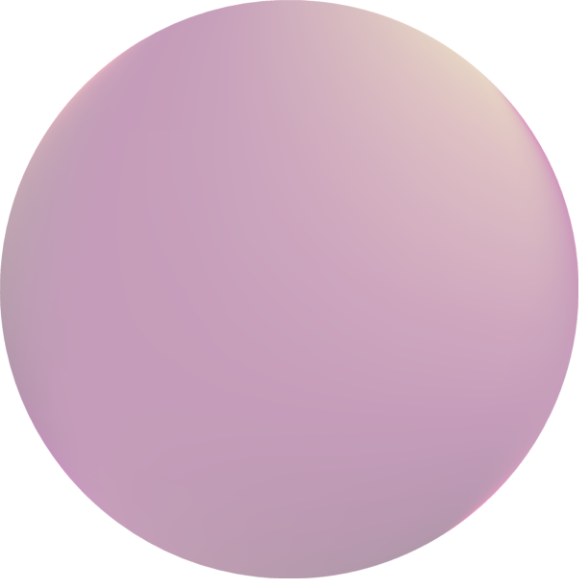



Monday
06
Feb
2017
Personalized Cancer Nano-Medicines
Event time
14:00-15:00
Location
Max and Lillian Candiotty Building
Lecturer Prof. Avi Schroeder
Contact tamar.cohen@weizmann.ac.il
Abstract The field of medicine is taking its first steps towards patient-specific care. Our research is aimed at tailoring treatments to address each person’s individualized needs and unique disease presentation. Specifically, we are developing nanoparticles that target disease sites, where they perform a programmed therapeutic task. These systems utilize molecular-machines and cellular recognition to improve efficacy and reduce side effects.
Nanoparticles have many potential benefits for treating cancer, including the ability to transport complex molecular cargoes, as well as targeting to specific cell populations.
The talk will describe principles for developing lipid nanoparticles that can be remotely triggered to release their payload in disease sites.
Two examples will be described: the first involves a nanoscale theranostic system for predicting the therapeutic potency of cancer medications. The system provides patient-specific drug activity data with single-cell resolution. The system makes use of barcoded nanoparticles to predict the therapeutic effect different drugs will have on the tumor microenvironment.
The second system makes use of enzymes, loaded into a biodegradable chip, to perform a programed therapeutic task – surgery with molecular precision. Collagenase is an enzyme that cleaves collagen, but not other tissues. This enzyme was loaded into the biodegradable chip and placed in the periodontal pocket. Once the collagenase releases from the chip, collagen fibers that connect between the teeth and the underlying bone are relaxed, thereby enabling enhanced orthodontic corrective motion and reducing pain. This new field is termed BioSurgery.
The clinical implications of these approaches will be discussed.
Details Laboratory for Targeted Drug Delivery and Personalized Medicine Technologies, Chemical Engineering
Technion - Israel Institute of Technology, Haifa

















